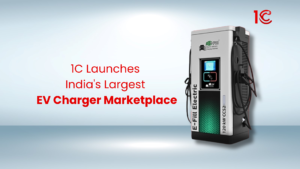
Menu
Menu
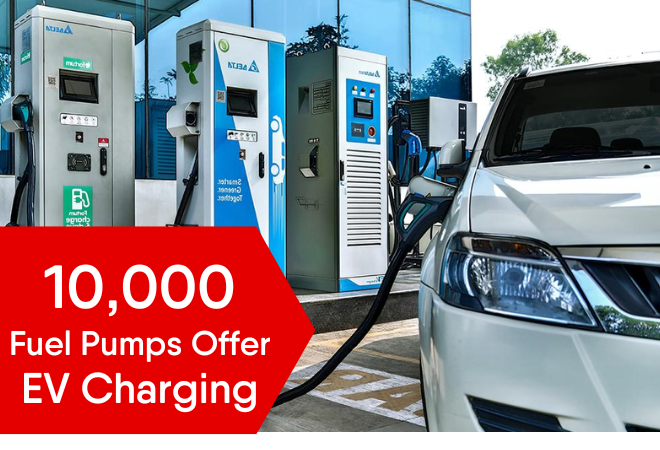
Indian Oil, HPCL, and BPCL aim to establish EV charging at 22,000 pumps, achieving 40% of their target. These stations are being set up in cities and on highways. BPCL, for example, has launched over 90 EV fast-charging highway corridors, covering more than 30,000 km. Shell provides EV charging in Maharashtra, Karnataka, and Tamil Nadu, offering additional services like cafes and car care. Other oil companies also add convenience stores and eating joints to generate extra revenue.

The increase in electric vehicle (EV) charging facilities at approximately 10,000 fuel stations in India is a significant step forward for the EV charging industry and related businesses. Here are the benefits and effects of this progress:
the rise of EV charging stations at 10,000 fuel stations in India is a significant step for the industry. It makes electric vehicles more accessible and encourages market growth. Major players like Indian Oil gain a competitive edge. Government support and diversified services contribute to a comprehensive approach. The positive impact on the environment aligns with global sustainability goals. The commitment to infrastructure development sets the stage for widespread electric vehicle use. This marks a crucial period for sustainable and accessible electric mobility in India.
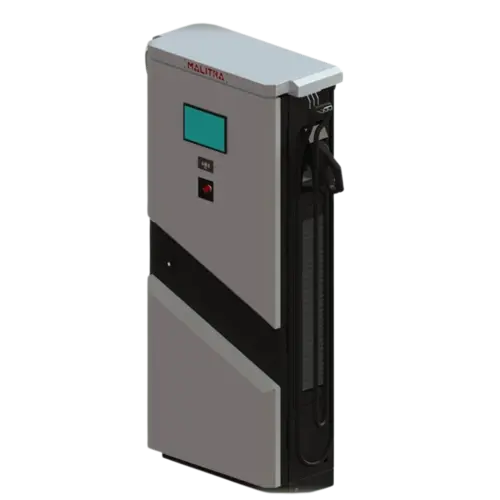

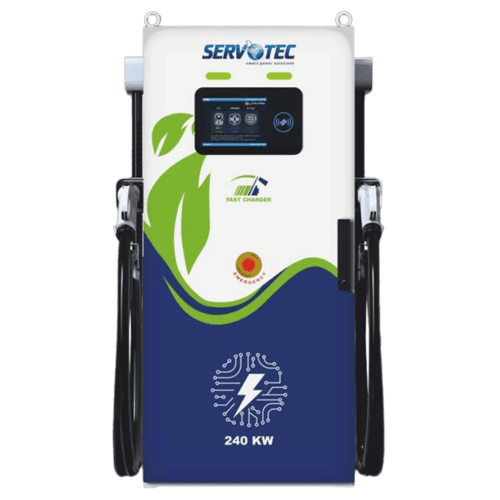
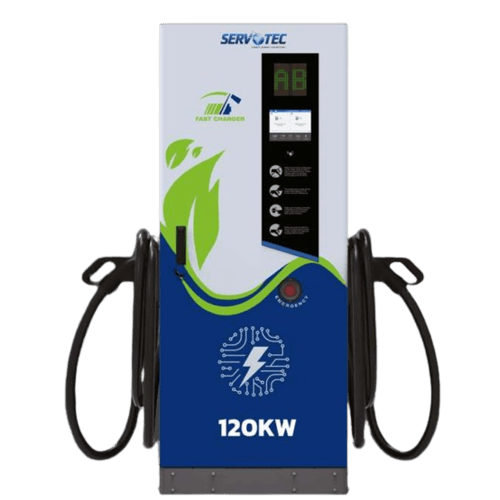
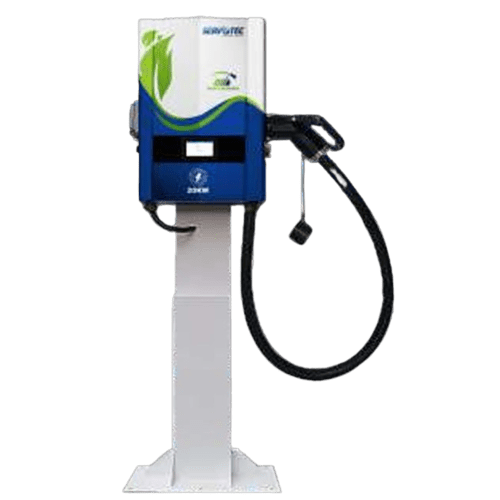
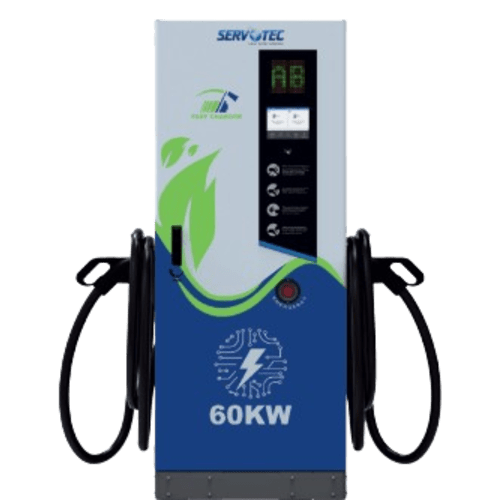
© 2024 Massive Mobility Private Limited. All rights Reserved